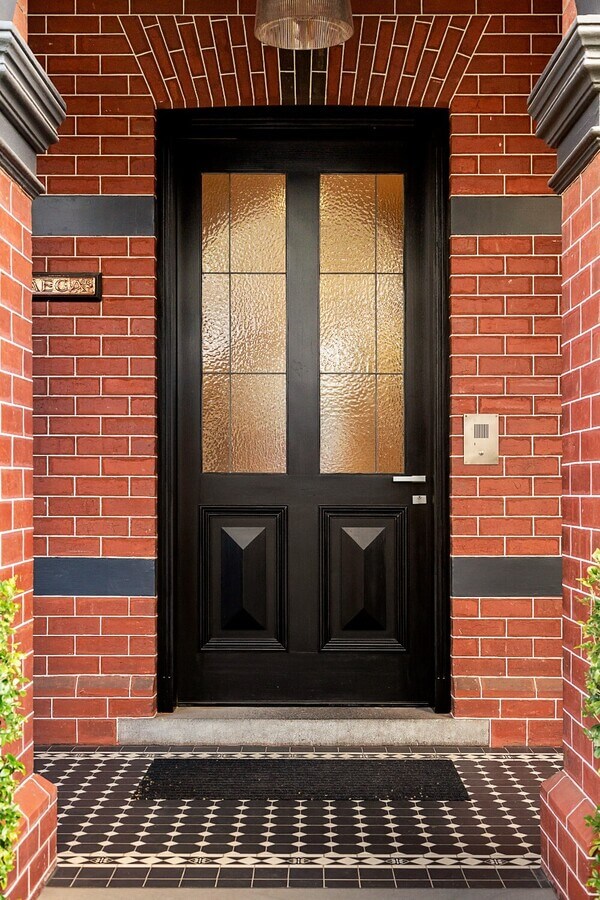There’s more to recovery than just hitting “stop” when it comes to drugs & alcohol. Recovery is a massive lifestyle change which requires constant lifetime work in order for it to succeed. It’s stressful at times.
One of the biggest stressors is where to live. We all know longer stays in rehab equal a better chance at a long-lasting recovery. But finding a place to live which respects the new lifestyle you’ve painstakingly crafted for yourself in rehab isn’t always easy – especially in a tight housing market.
That’s why many recovering people choose sober living as an alternative to other living arrangements. Unlike living on your own, sober living comes with certain benefits which specifically help a person trying to recover from drug & alcohol abuse.

Here’s four ways sober living works for recovering people:
Because baby steps help. Okay, “baby steps” isn’t the greatest term, but there’s a point to it. Rebuilding your life – which is fundamentally what rehab is all about – isn’t easy. It’s a massive lifestyle change, affecting everything from your daily mindset to how you interact with others. Exiting the highly structured, regimented world of rehab and going right back into daily life is a little like deciding to ditch the nets right after becoming a circus acrobat.
Recovery isn’t a race – it’s a state of being which needs nurturing and time to be successful. Sober living allows you a safe space to explore independence without the triggers and temptations life can throw at you. You’re able to ease back into regular life – work commitments, continuing your education, friends & family, etc. – without stress and with the safety net of a supportive community behind you.
Plus, it’s an ideal way to relearn how to be. Any life skills that got lost during addiction, from something as simple to making your bed to the complex world of social boundaries, can be rehearsed and fine-tuned without worrying about embarrassment or social backlash.
It’s just one of the ways sober living environments help people forge new lives for themselves. But it’s not the only way.
Help’s always around the corner. Drug & alcohol addiction is isolating. Worse, both addiction and relapses are in part driven by loneliness. With a sober living house, that’s much less of an issue.
That’s because you’re surrounded by people who share your goals and know your challenges. Better yet, sober houses often come with a house manager who sets rules, helps mediate disagreements, and keeps things running smoothly. And because house managers usually have an intimate relationship with recovery, they are the perfect sounding boards for advice and support.
Need help nailing a job interview? Feeling pressured to start using again? Need another person to just listen? That’s what a house manager does.
House managers help another way, too – they provide structure via rules. These rules are there to keep everyone safe and healthy. This kind of structured, predictable environment is ideal for a person in recovery.
Speaking of people …
Sober living is a ready-made healthy social network. Like we said, drug & alcohol addiction can make a person lonely, but that’s not true in every case. For some, substance abuse involved others, like a social group whose members shared harmful behaviors.
Nobody likes leaving old friends behind – it’s hard to do. If those old friends act as addiction triggers, though, hanging out with them might make all the hard work you’re doing (or have done) in rehab meaningless. Sober living helps this by giving you a new social network that’s positive and again, shares your goals.
For a lot of people, sober living housemates almost become surrogate family. Sober living is an ideal environment to craft positive, long-lasting relationships with people who genuinely get what you’re trying to do with your life.

Finally, sober living is the first and best defense against relapses. Relapses aren’t the end of the world, but they’re something you obviously want to avoid. They can undo a lot of hard-earned progress and open a doorway to self-doubt and self-loathing.
Back to house managers. They’re in charge of putting the “sober” into “sober living,” providing a living space free from addiction triggers and temptations. You don’t have to worry about a roommate who smokes weed all night in their room or decides to throw a major rager on the weekend.
Instead, sober living gives you a predictable, relatively quiet place to focus on yourself and your growth. Time’s an incredibly important factor in recovery; the longer you can maintain sobriety the better your long-term success is. While not a guarantee (or a cure), sober living’s focus and structure puts you in the best possible state to achieve your goal:
A life free from addiction.
The first step of sober living is finding a sober place to call home. Often, this is easier said than done. SoberLivingNearYou.com gives you thousands of sober living listings to examine and match with your specific needs. Finding your sober living solution has never been easier.



